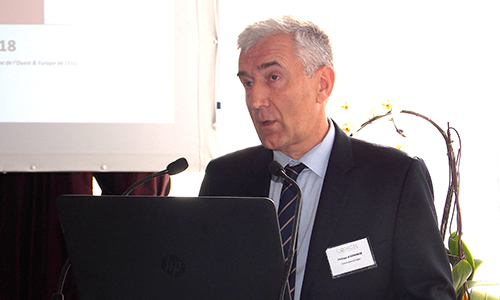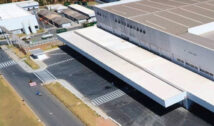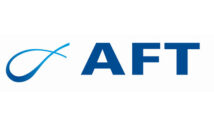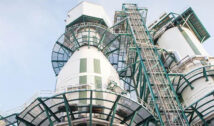
If the French paper industry can congratulate itself on an activity rate which remained at 90% during the period of “confinement” (vs 55 % on average for the French industrial sector as a whole), it is worried about the end of the crisis and the months ahead. This message prevailed at the press conference held as a webinar on June 3 and chaired by Philippe d’Adhémar, President (photo) and Paul-Antoine Lacour, General Delegate. According to Copacel, the outlook is negative and the recession in which France is entering could have a devastating effect on this sector. As a consequence, Copacel has unveiled a set of proposals, which could be included in the recovery plan being drafted by the French Government and expected for next September.
If it is possible to anticipate the continuation of favorable trends (increasing replacement of plastic by paper/board in the packaging industry, increased use of hygiene papers for wiping, acceleration of online trade… ), the major difficulty looming is a fall in consumption.
This fall (reduction in inter-company exchanges, contraction of “print” advertising, lower consumption for some households, whose purchasing power will be reduced…) will lead to an imbalance between supply and demand for paper and board. The consequences could be dramatic for this very capital-intensive industry, whose economic equilibrium requires high machines “load rates”.
According to Copacel, this imbalanced situation may result in a deflationary context on the European paper and board markets. One of whose effects will be to threaten the sustainability of companies with the highest production costs.
Another negative consequence of the recession will be to limit the investment capacity of companies, and thus slow down projects allowing the ecological transition of the paper industry and society. Delays in this type of project would be all the more harmful since this industry has many assets to accelerate the emergence of a low-carbon society, user of renewable resources, and based on the principles of the circular economy.
It is in this global context that Copacel has made public a set of proposals intended to be included in the economic recovery plan on which the French government is working. These proposals aim to promote the ecological transition (support for the production of carbon-free heat; support for energy-intensive sectors, which improve France’s carbon footprint; encouragement for the economic development of the French forest, etc.), as well as to support competitiveness (lower production taxation; administrative simplification; support for learning, etc.).
As Philippe d’Adhémar, President of Copacel, explains : “we hope that our proposals, which contribute to the ecological transition and to the competitiveness of our industry, emblematic of the circular economy, will be heard by the public authorities. Otherwise, the current crisis is likely to have a dramatic effect on an industry that is deeply rooted in the territories and which, compared to what we see with our neighbors, has contracted sharply over the past 20 years, thus favoring imports of products with a higher carbon footprint ”.
The results for 2019 were also given during this webinar. To put it shortly, French paper and board production decreased by 7% in volume at 7.32 million tonnes mainly as a result of the Arjowiggins mills stops. Pulp production (market and integrated) increased by 0.8%. The falling prices for most paper and board grades led to a drop of 12.8% in production value. But on the other hand, the costs of some production factors (recycled fibers and energy) were directed downwards.
Valérie Lechiffre

































